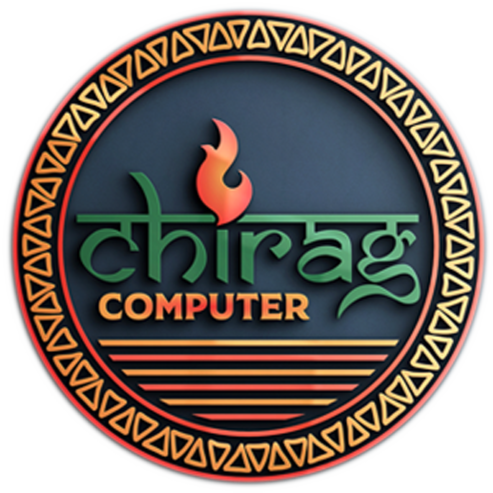In today’s rapidly advancing world, basic computer knowledge is no longer optional; it’s essential. The 21st century has brought an unprecedented reliance on technology in nearly every facet of life, from education and work to communication and entertainment. Here’s why understanding fundamental computer skills is crucial in this digital age.
Enhancing Employment Opportunities
The modern job market demands familiarity with digital tools. Basic computer knowledge, such as proficiency in Microsoft Office, internet navigation, and email communication, can be the deciding factor between job applicants. Moreover, employers often prioritize candidates who can adapt quickly to new software and processes, making these skills indispensable.
Empowering Education and Learning
With e-learning platforms and digital resources becoming the norm, students and educators alike need basic computer literacy. For instance, understanding how to operate a computer, access online resources, and use educational software opens up a world of learning opportunities that are now part of mainstream education. Additionally, these skills make remote learning more accessible and efficient.
Facilitating Everyday Tasks
From online banking and bill payments to shopping and accessing government services, many everyday tasks now require a level of digital fluency. As a result, basic computer knowledge helps people manage their lives more efficiently and stay connected in a tech-driven society. For example, knowing how to use mobile apps and online tools saves time and effort.
Ensuring Digital Safety
Basic knowledge of computers includes understanding the importance of cybersecurity. For example, awareness of safe online practices helps individuals protect their personal data and avoid potential scams or breaches. Consequently, this knowledge fosters a safer online experience for users of all ages.
Bridging the Digital Divide
Basic computer literacy helps bridge the digital divide, ensuring that more people have access to the opportunities afforded by the internet. This is especially important in developing regions, where the ability to use computers can significantly improve job prospects and economic participation. In turn, this contributes to reducing social and economic inequalities.
Conclusion
Basic computer knowledge is more than a skill; it’s a fundamental necessity for navigating the complexities of the 21st century. Therefore, staying informed and adaptable with these essential skills will empower individuals to thrive in an increasingly digital world. As technology continues to evolve, embracing basic computer literacy ensures that no one is left behind.


